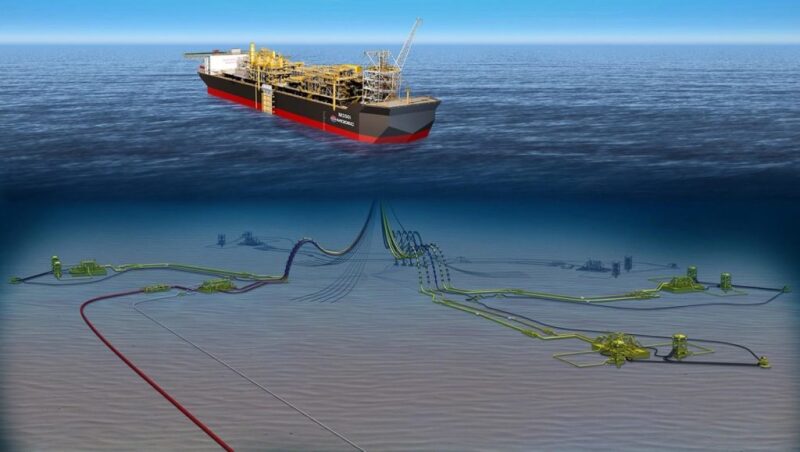Australian operator Santos has suspended drilling activities at its $3.6-billion Barossa offshore gas project following a decision by the Federal Court of of Australia against the energy giant in a legal challenge brought by an indigenous group.
Drilling activities that were to occur at a site in the Timor Sea, about 140 km north of the Tiwi Islands, have been suspended pending a favorable appeal outcome or the approval of a new environmental plan, according to Santos. The company said it is seeking to expedite the process.
Santos sanctioned the project in March 2021 and kick-started a $600-million investment in the Darwin LNG life extension and pipeline tie-in projects, which are expected to add about 20 years of life to the facility. The Santos-operated Darwin LNG plant has the capacity to produce approximately 3.7 mtpa of LNG.
The Barossa project is the largest investment in Australia’s oil and gas sector since 2012 and comprises a floating production, storage, and offloading (FPSO) vessel, subsea production wells, supporting subsea infrastructure, and a gas export pipeline tied into the existing Bayu-Undan-to-Darwin LNG pipeline. BW Offshore was awarded the contract to supply the newbuild FPSO in March 2021. First gas production was targeted for the first half of 2025.
In June 2022, Tiwi Islanders from the Northern Territory’s Tiwi Islands launched the legal challenge, claiming they had not been consulted about the project.
Santos said that the court’s decision was based on a finding that National Offshore Petroleum Safety and Environmental Management Authority (NOPSEMA) could not be lawfully satisfied that the Drilling Environment Plan met the criteria required by the regulations and it failed to assess whether the Drilling Environment Plan demonstrated that Santos consulted with each person that it was required by the regulations to consult with.
The company said that the outcome was disappointing and that, consistent with previous practice, it had engaged about the proposed drilling activities with the Tiwi Land Council, a representative body with statutory authority under the Aboriginal Land Rights (Northern Territory) Act 1976.
“Santos had engaged about the proposed drilling activities with the Northern Land Council, the Native Title representative body for the Tiwi Islands. NOPSEMA had accepted our efforts to consult with Tiwi Islanders in accordance with the regulations when it decided to accept the Environment Plan for those activities,” said Santos in a statement.
The Barossa Gas Project is about 46% complete and the drilling activities are not on the critical path for the project, according to Santos.
“Barossa is an important gas project for the nation, enhancing jobs, exports, and our relationships with investors and gas customers in Asia who have depended on Australia for their energy security for decades,” said the company.
The company added that project approval uncertainty is a public policy issue that should be urgently addressed by Australian governments to reduce risk for trade and investment in projects around the country.


